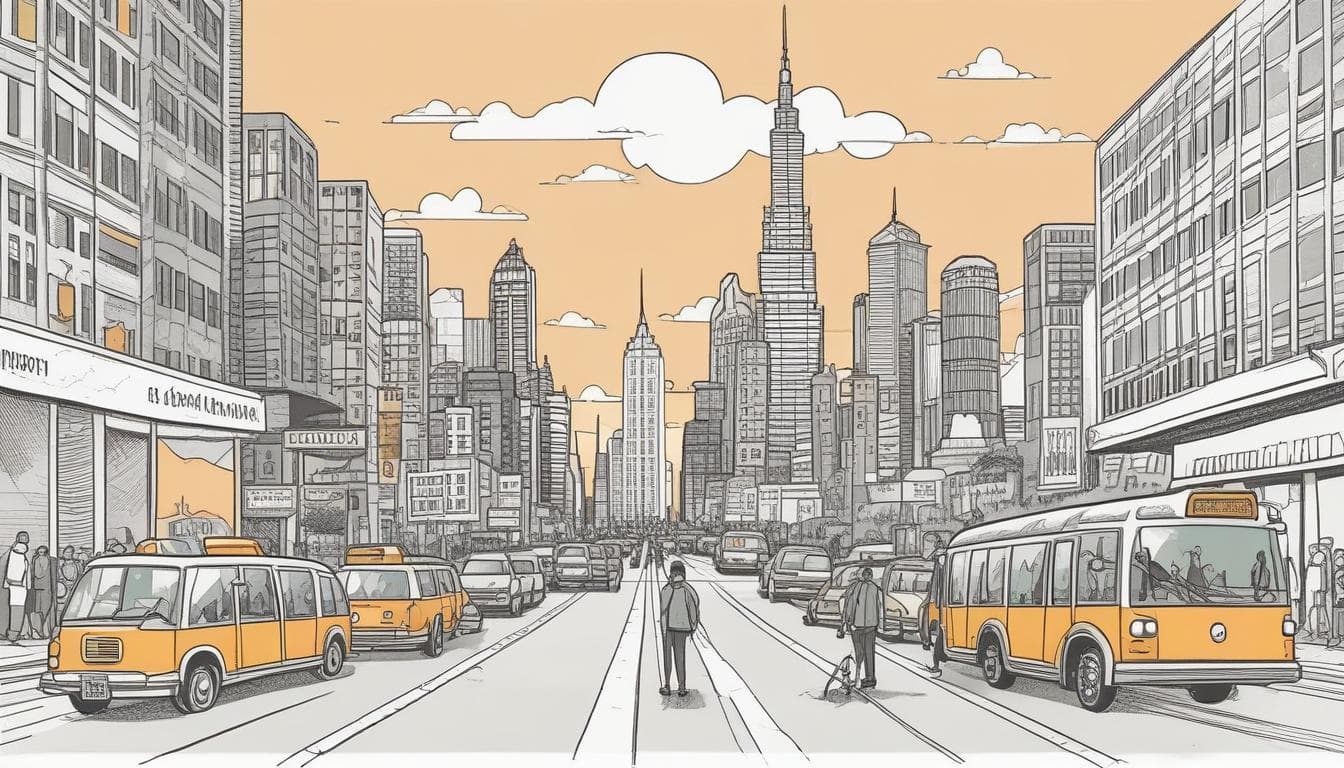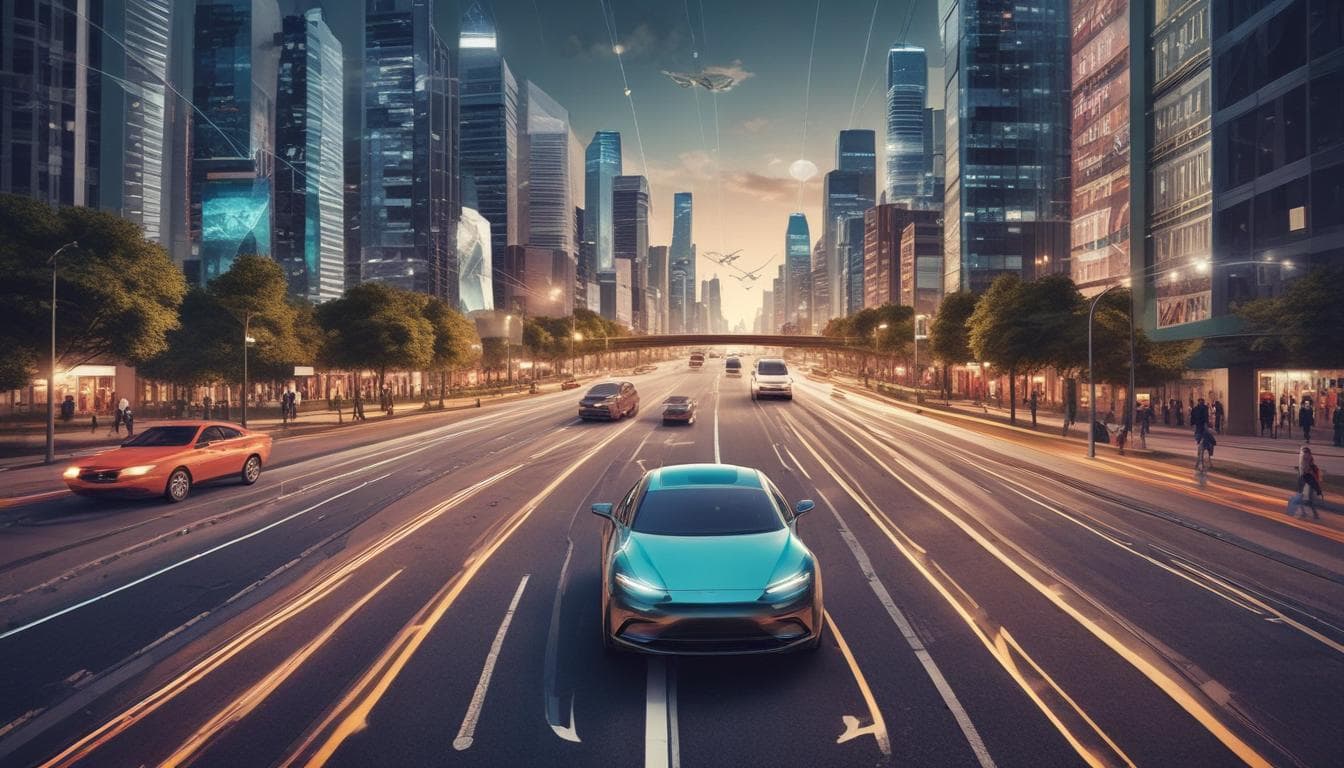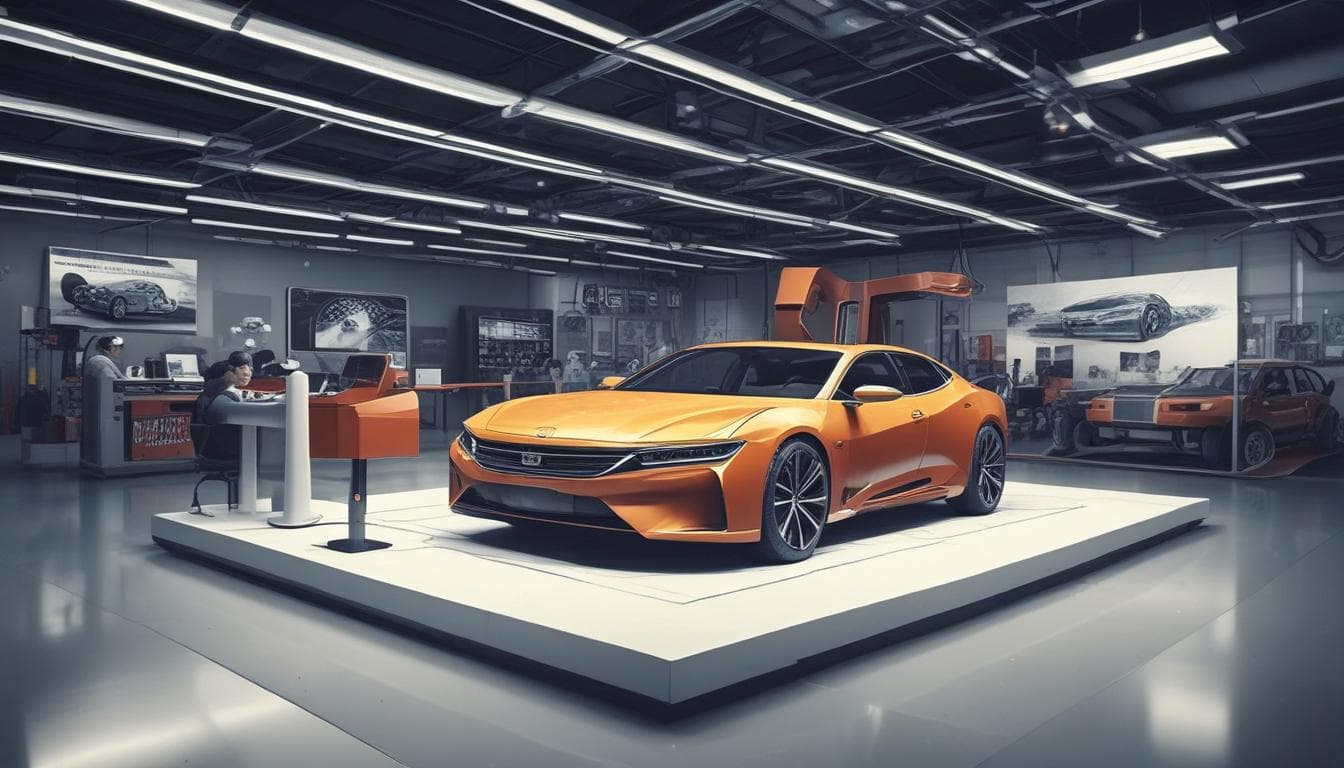With advancements in AI and personalized in-car experiences, how might the role of the car evolve from a mode of transportation to a personalized mobile sanctuary that caters to our individual needs and preferences? What features and technologies would be essential in creating this sanctuary, and what ethical considerations might arise?
The transformation of cars from mere transportation tools to personalized mobile sanctuaries is an exciting evolution in the industry, driven by advancements in artificial intelligence and in-car personalization technologies.
To create such a sanctuary, several essential features and technologies come to mind:
Key Features and Technologies
-
AI-Driven Personalization: AI could analyze an individual’s preferences, such as music tastes, preferred cabin temperature, or lighting needs, and tailor the in-car environment accordingly. For more insights, check out this detailed exploration of AI's impact on automotive design and the driving experience.
-
Health and Wellness Integration: Advanced sensors and biosensors could monitor driver and passenger health, adjusting the environment to promote relaxation or focus. Imagine a car seat that adjusts its lumbar support based on your posture over long drives.
-
Immersive Infotainment Systems: Extended reality (XR) and AR systems could enhance entertainment on-the-go, transforming a routine commute into a more engaging experience. You might want to explore the ways XR is revolutionizing the automotive industry.
-
Enhanced Connectivity: Integrating IoT devices and syncing with smart home systems would allow the car to anticipate needs. For instance, it could automatically adjust your home thermostat based on your ETA.
-
Sustainability Features: Many consumers are calling for eco-friendly technologies that align with ethical and environmental considerations. Solar panels on car roofs or interiors constructed using sustainable materials are just the beginning, as detailed in this article on sustainable practices reshaping the automotive sector.
Ethical Considerations
However, this transition doesn't come without its challenges and ethical dilemmas:
-
Data Privacy: AI systems would require significant personal data to deliver tailored services. Safeguarding this data from misuse or breaches will be crucial.
-
Equity in Accessibility: Ensuring these technologies are not limited to luxury vehicle segments but are democratized to all income groups is a vital conversation.
-
Over-Reliance on AI: Excessive automation could potentially reduce driving skills or instincts among individuals, posing safety risks if systems falter.
-
Environmental Impact: While enhancing in-car experiences, automakers must be wary of practices that strain resources or expand electronic waste.
The future of cars as personalized sanctuaries bridges technology, ethics, and human-centered design. What excites me most is the chance to redefine mobility's role in our lives. Vehicles could essentially become hybrid spaces—offering relaxation, connectivity, and even productivity on par with our homes. I’d love to hear how others envision overcoming these ethical hurdles or enhancing the experience further. Feel free to share your thoughts or check out more on smart materials driving future mobility to explore potential design elements for these sanctuaries!
このトピックについてさらに詳しく探る
会話に参加する
- 車が感情を持ったら?未来の移動体験を想像しよう!
もし車が感情を持つようになったら、私たちの生活はどう変わるのか?自動運転技術の進化によって、車は私たちの感情を理解するパートナーになるかもしれません。喜び、悲しみ、興奮など、感情を共有する未来の移動体験について語り合いましょう。
- 車が夢を見たら?:自動運転車と夢の共有が未来を変える?
自動運転車が夢を見る未来…車のAIが人間の感情や記憶を学習し、夢を共有できるようになったら、私たちの生活はどう変わる?車から得られる情報やインスピレーションの可能性とは?
- 車が感情を持ったら?社会や文化への影響を議論!
車が感情を持つようになった未来、私たちの社会や文化はどう変わる?交通ルール、運転マナー、車とのコミュニケーション、人間との感情の相互作用…様々な側面から自由に意見交換しましょう。





